Where to start with 4-year-olds
Question
I understand that each child develops at a different speed. However, I was wondering if you have (or can recommend), content appropriate for the age of 4.5/5? I will be starting a new job as Nanny/Governess to twin girls of 4.5 and as I have only recently started my Montessori training, I am looking for content that will really help bring structure to the support I provide.
Answer
Congratulations on your new job! Have you already read Dr. Montessori's book The London Lectures? That has the best theory to keep your overall approach in keeping with Montessori's scientific view. With the children, start with practical life activities. Help them learn to dress and care for themselves and the house (including any pets they may have). Plan lots of cooking together where they gradually move towards independence. You'll want to engage them in all the activities you do to support the family. Talk about your shopping list together, have them help find the food at the store, plan ahead your excursions to the park, plan your walking routes together, think about the books you hope to find at the library, etc.
You'll also want to do a lot of spoken language work with them (you can read all about that in our blog posts on Spoken Language Montessori Lessons and Language Activities for the Unexpected Homeschooler). Then, observe them to see where their interests lie and where they are as far as academic knowledge.
You'll want to know if they know the sounds of the letters and phonograms of our language. To find this out, you can play a quick game where you ask them what sounds different letters make. If you don't have a movable alphabet, you may want to get one. When you have an alphabet in front of you, name a sound and see if they can find it. Say, "Can you find the mmmmm?" Try this for a few letters and if they can't find a sound, just show them. If they can't identify any of the sounds, stop there. This tells you you have to start from the beginning. The best way to teach the sounds is via the sandpaper letters (you can learn all about those on our blog post on Developing Letter Sound Knowledge with the Sandpaper Letters).
Once they can hear the sounds of the language (which you develop via spoken language activities) and can identify the sounds made by each letter AND phonogram (taught via the sandpaper letters), then they will be ready to start writing down their own ideas and thoughts. There are details on how to get them excited about doing that in our blog post on Independence with the Movable Alphabet. The more practice they get writing, the sooner they will start reading. At that point, you'll be ready for phonetic reading cards and more.
I hope this helps to get you started. Enjoy your time with the children!
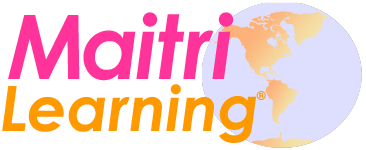
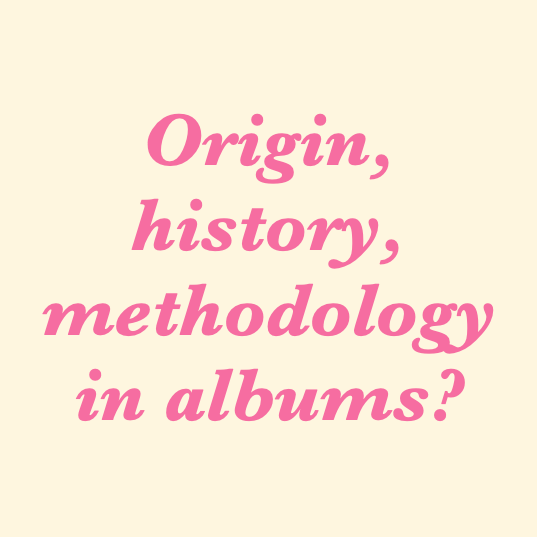
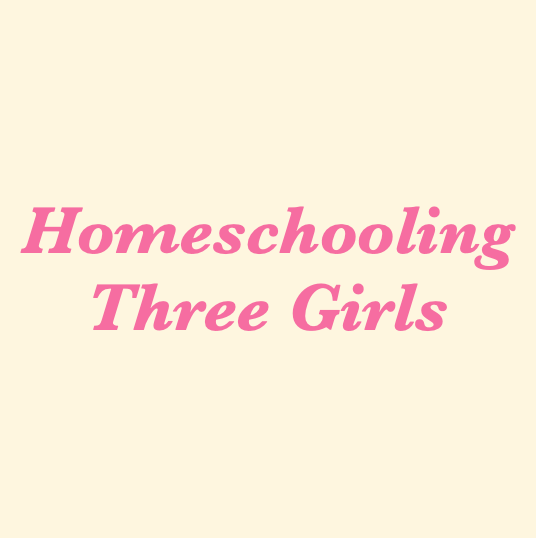

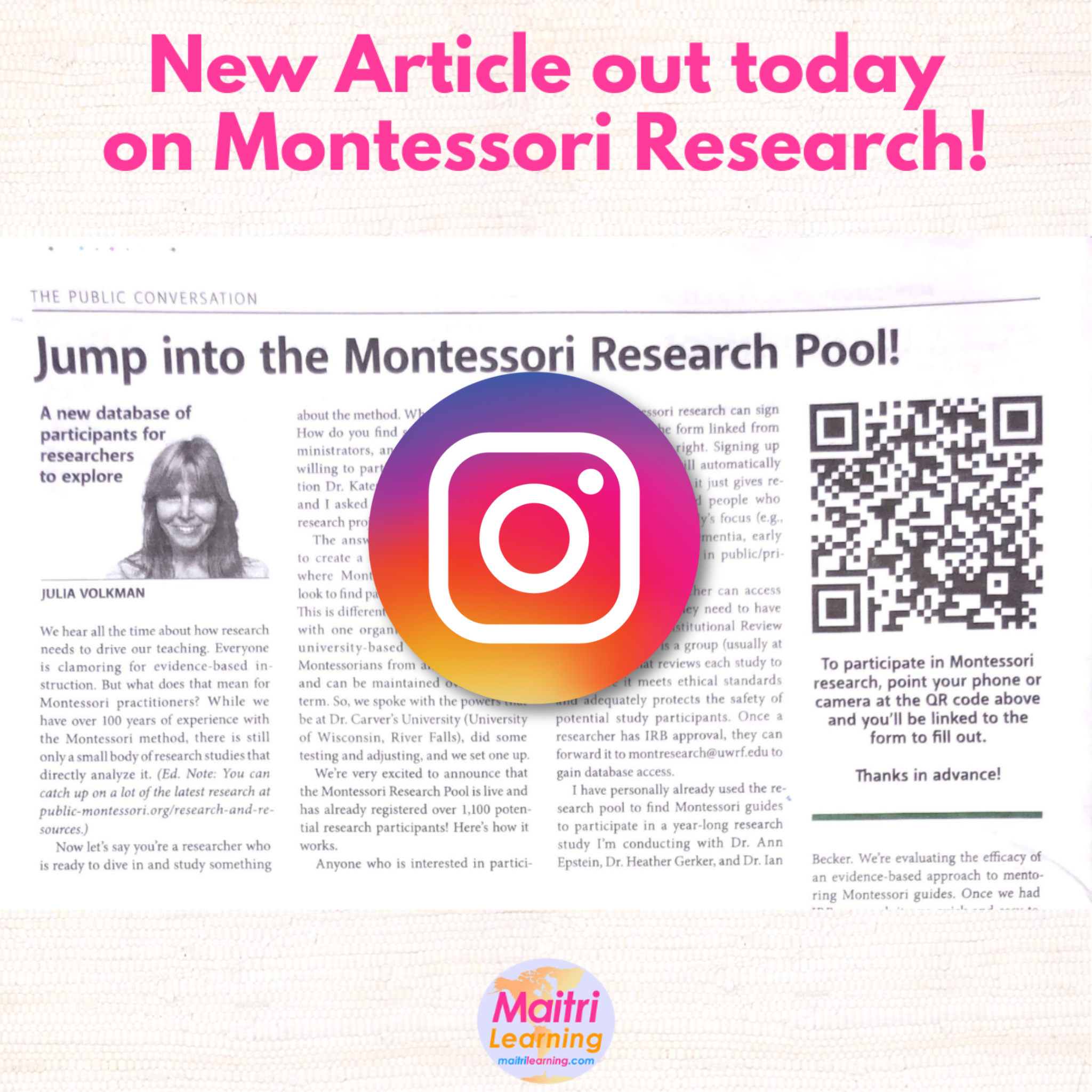

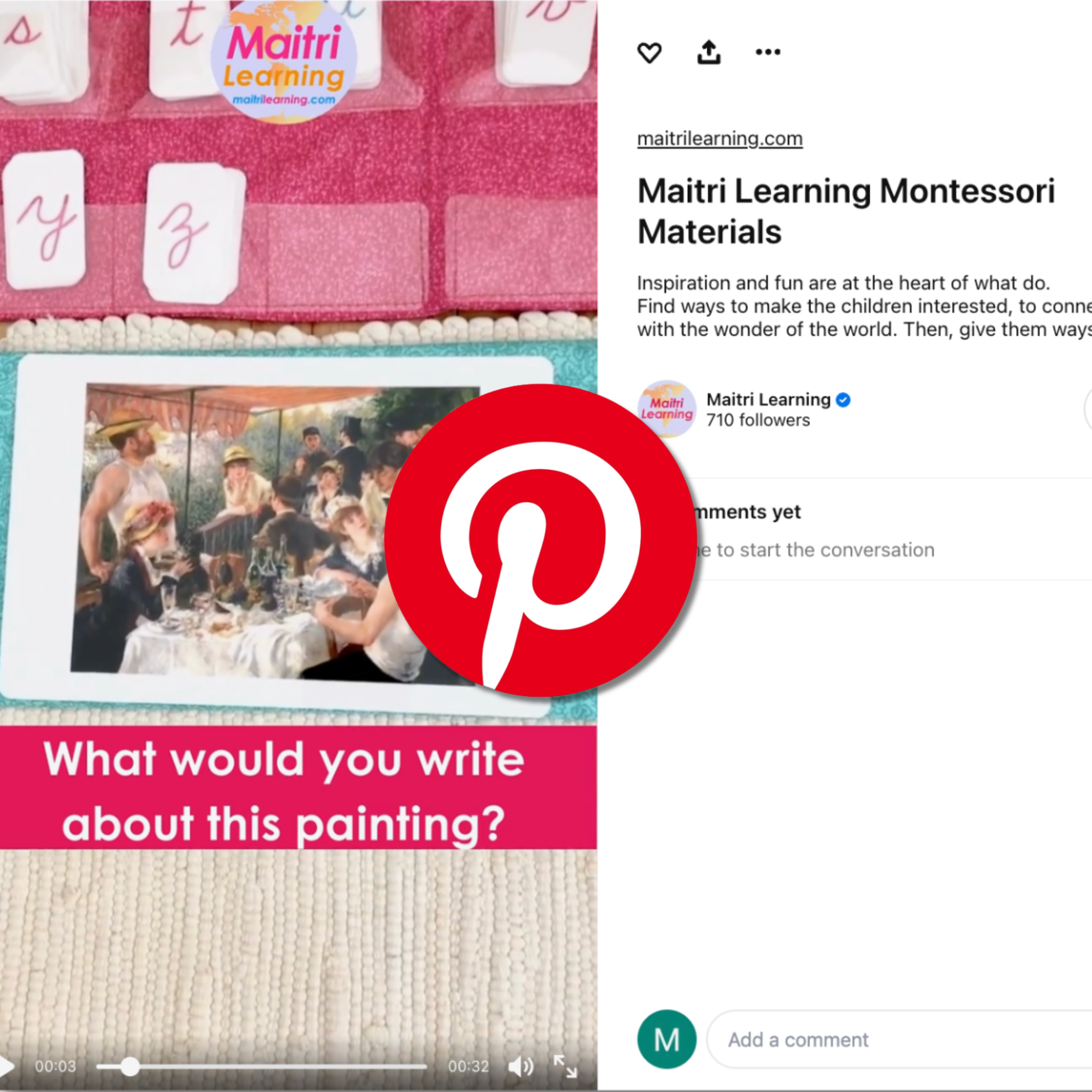
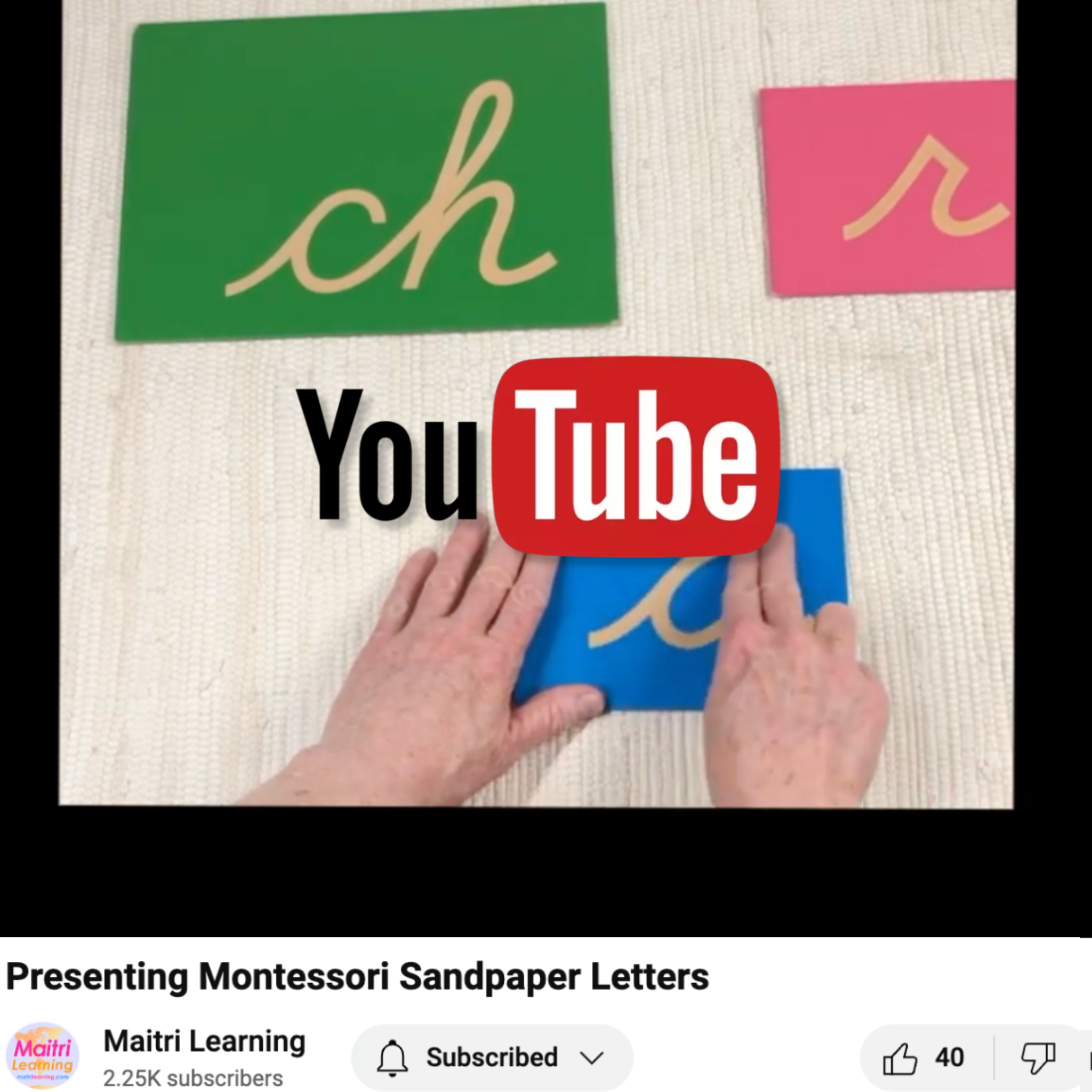
Leave a comment
This site is protected by hCaptcha and the hCaptcha Privacy Policy and Terms of Service apply.